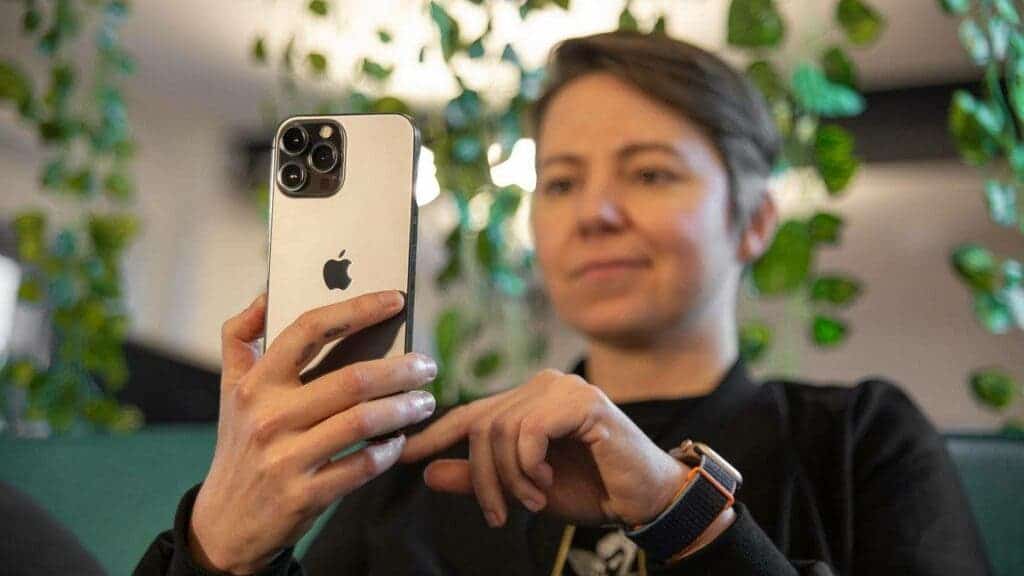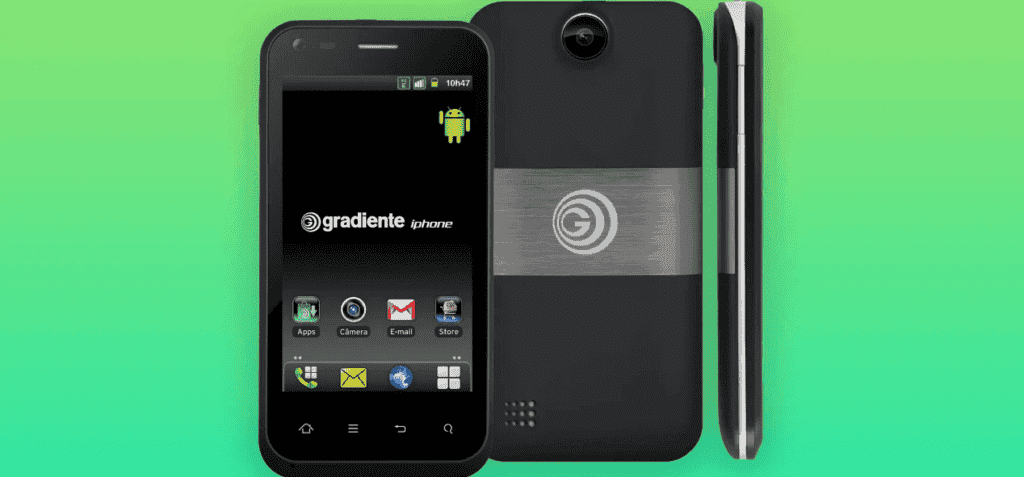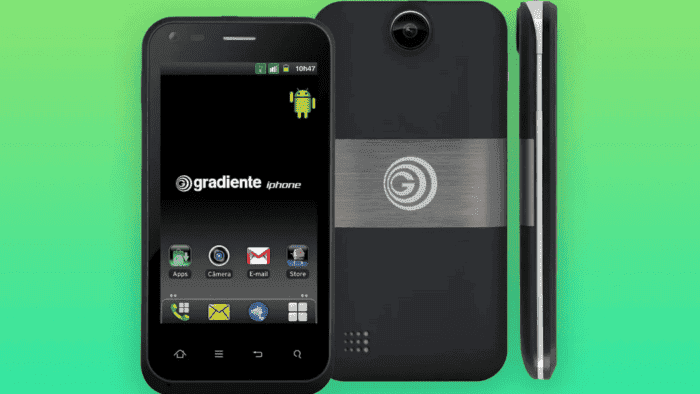In 2020, the Brazilian Supreme Court decided to accept the appeal of the local company IGB Eletrônica (Gradiente) against Apple’s iPhone trademark in Brazil. It now appears that the outcome of the appeal will not be too good for Gradiente. This is because the Brazilian attorney general is on Apple’s side. The attorney general is arguing that the iPhone trademark should belong to Apple, not the Brazilian company.

Brazil’s Attorney General Augusto Aras said on Friday that although Gradiente filed for the “iPhone” trademark in Brazil years before Apple launched the iPhone, Apple’s iPhone is an important player in the global market, according to Tilt. Therefore, he believes that trademark rights is not a function of the first to register for it. In this case, the “supervision background” must be considered. The statement of the Brazilian Attorney General has been sent to the Supreme Court of Brazil. This will finally determine which company will own the full rights to the iPhone trademark in Brazil. However, exactly when the case will go to trial remains unclear.
Gradiente iphone trademark is older than Apple’s
IGB Eletrônica, also known as Gradiente, is a Brazilian electronics company that is now undergoing a judicial restructuring. The company applied for the “G Gradiente iphone” trademark in 2000 with plans to launch a new phone. However, its application did not get approval until 2008, when Apple’s iPhone hit the market.

In 2012, Gradiente released a new Android smartphone under the name “Gradiente iphone”, and unsurprisingly, Apple asked Brazil’s trademark watchdog to declare Gradiente’s registered trademark invalid. At the time, Apple said the success of the iPhone made Gradiente decide to use the “iphone” brand.
Gradiente eventually lost the exclusive rights to the “iphone” trademark, but the company appealed to Brazil’s Supreme Court. Although there is no court date yet, everything indicates that Apple will most likely win the case in Brazil. Interestingly, Apple once sued a healthy recipe company called Prepear for infringing Apple’s trademark by using a “fruit-shaped logo”. The two companies eventually reached an agreement that would allow Prepear to retain its trademark as long as the fruit leaves were slightly different from those of an apple.

